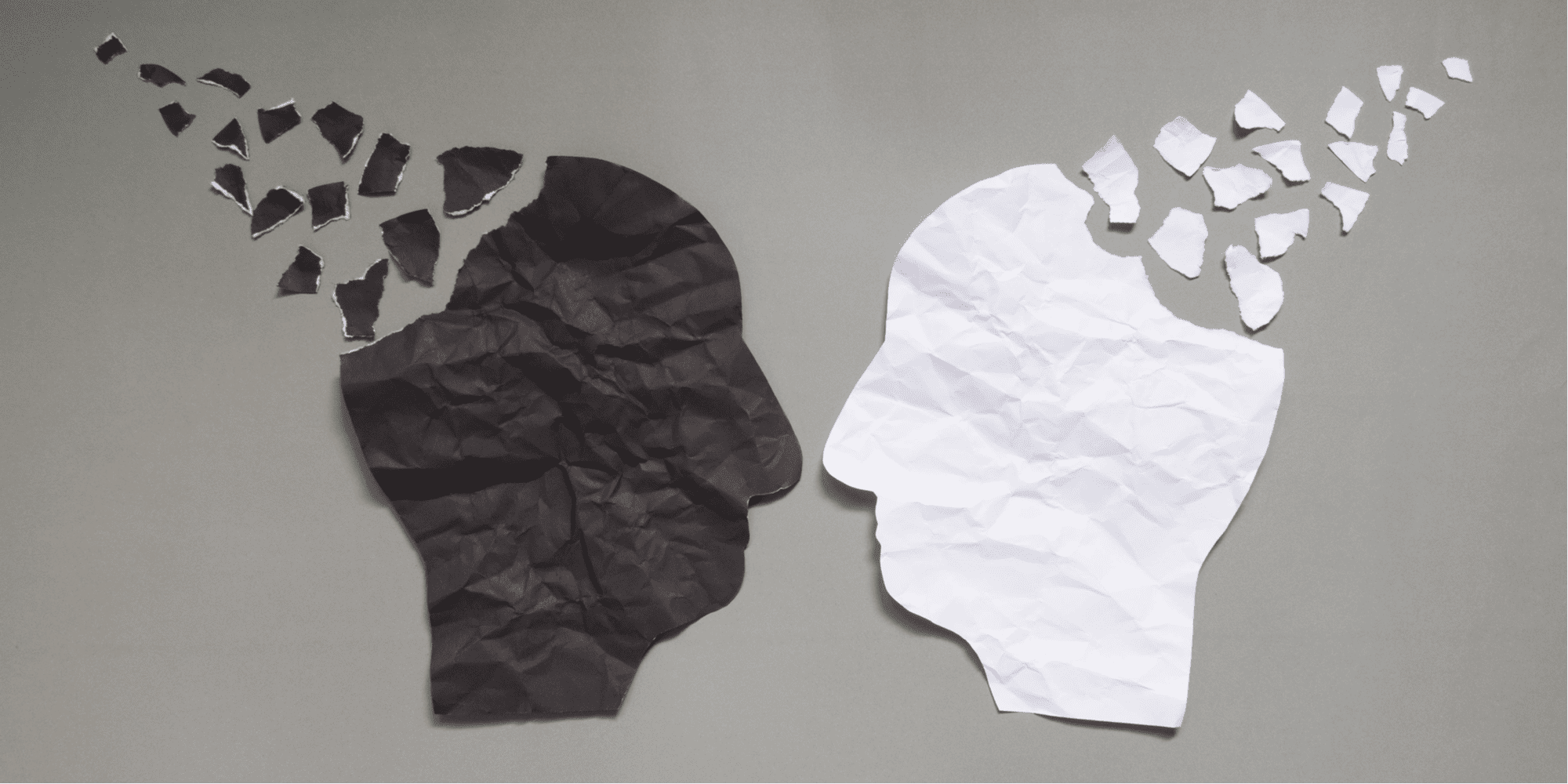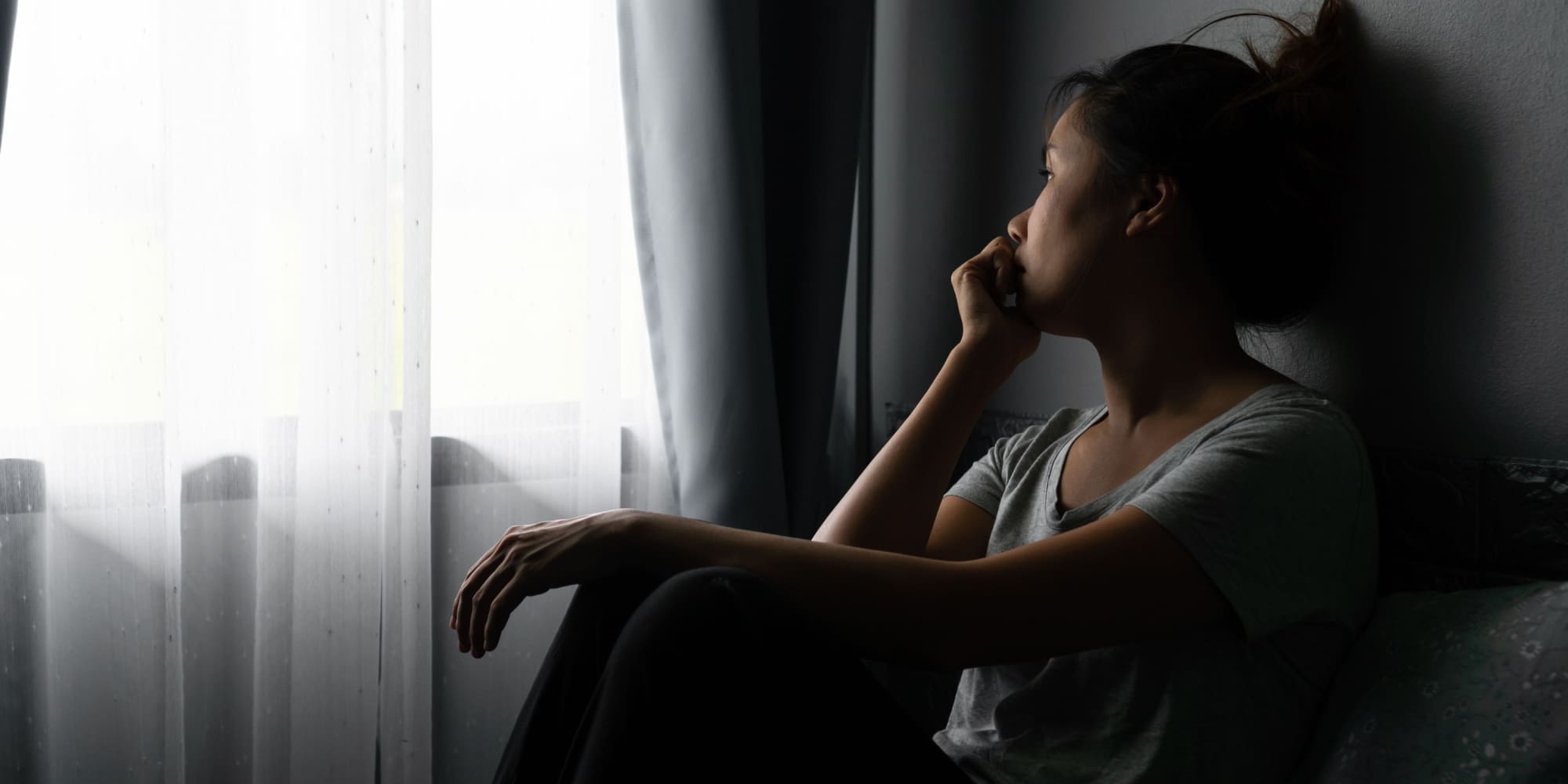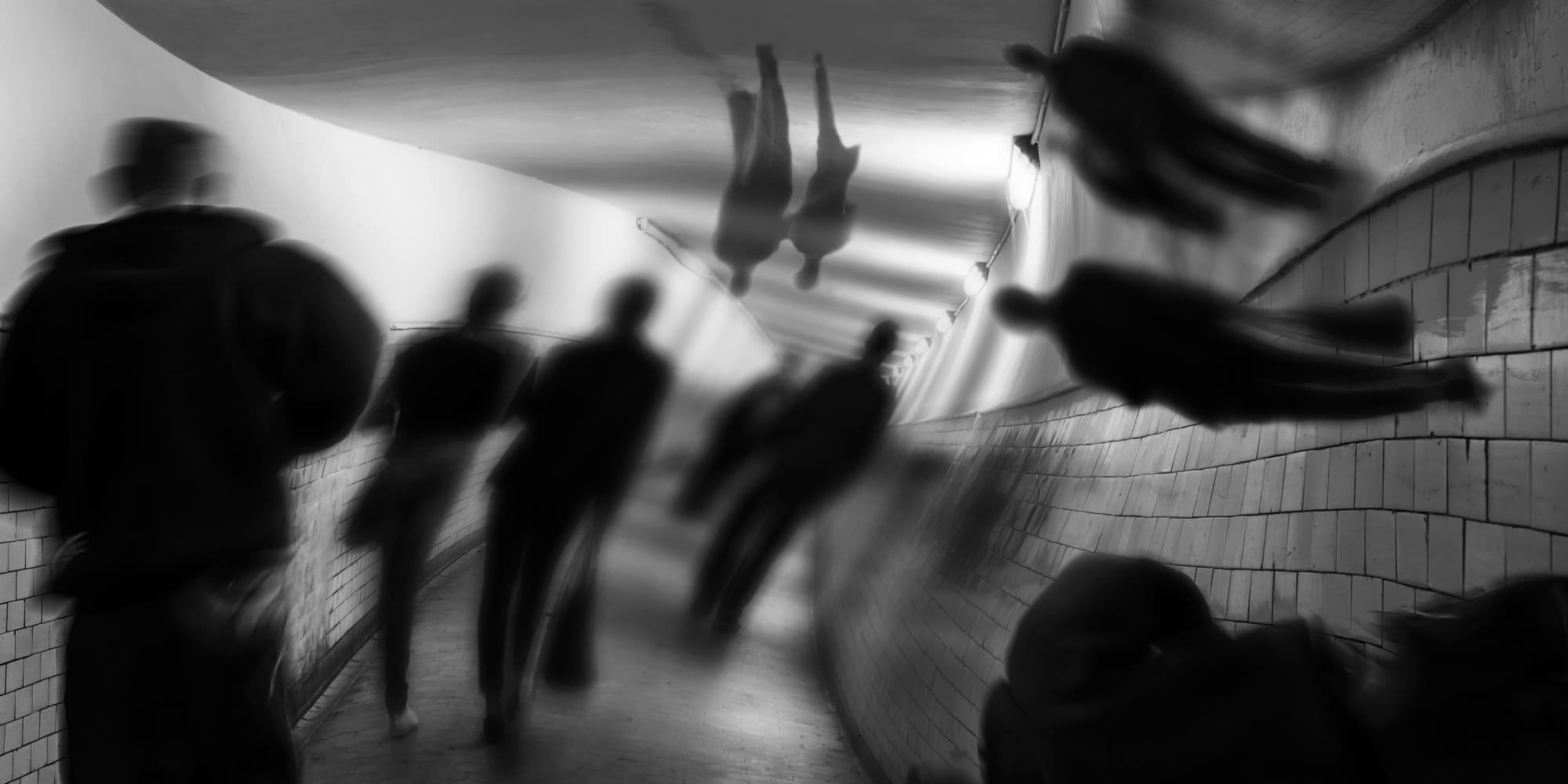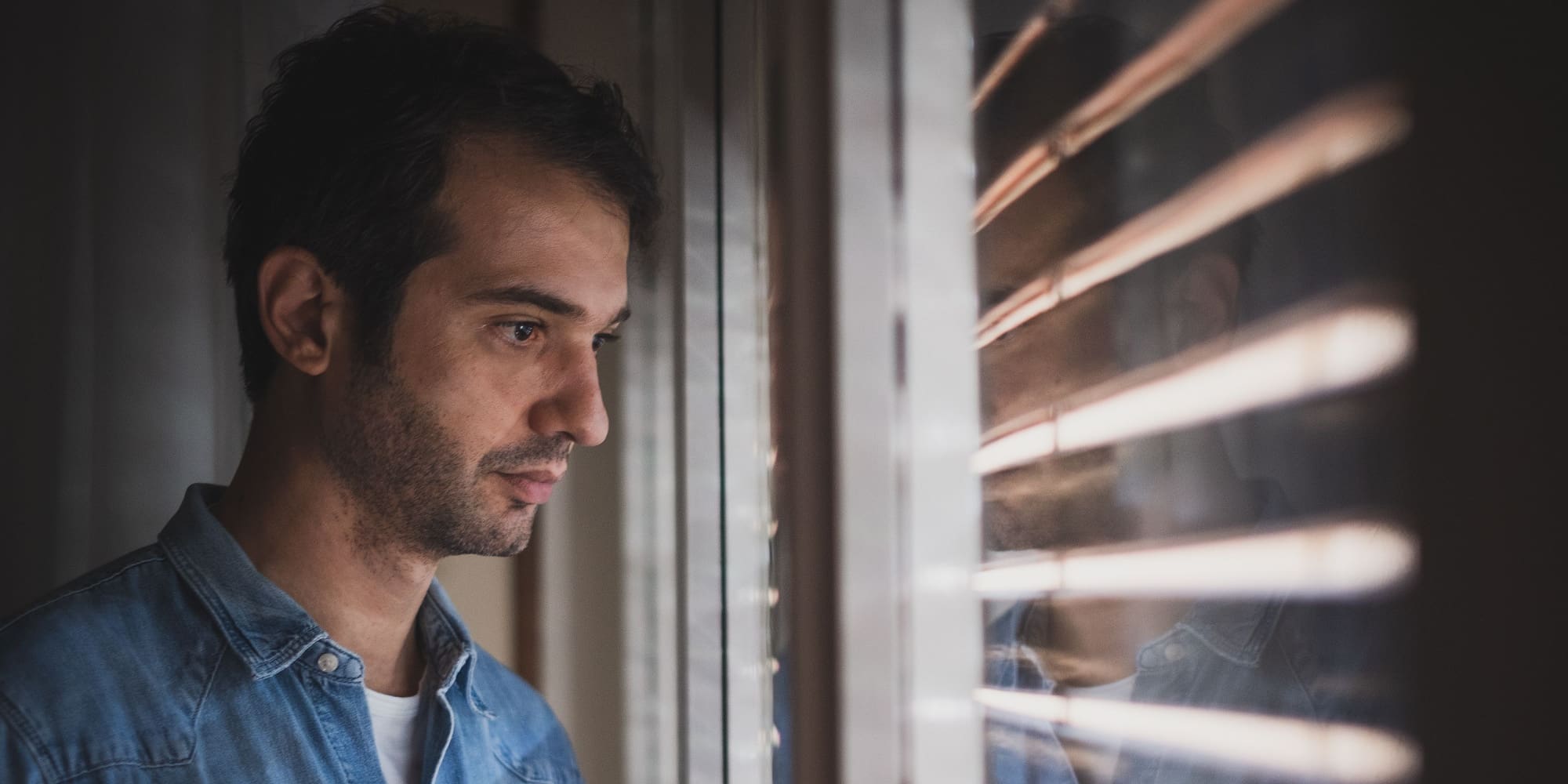Understanding depression vs bipolar disorder isn’t as simple as it may sound on the surface. Although they are two distinct diagnoses with some different symptoms, both depression and bipolar disorder share plenty of things in common.
About half of people in the United States experience a mental health disorder, and major depressive disorder and bipolar disorder are among the most common. The number of Americans with a mental health disorder has been rising, so it’s more important than ever to understand the similarities and differences between the most common disorders. That way, you can recognize them in yourself, in a friend, or in a loved one, and get help.
Contents
What Is Depression?

Depression is categorized as a mood disorder. It primarily involves feelings of sadness, but those feelings of sadness persist. In addition to feelings of sadness, depressive symptoms also include:
- Frequent outbursts of sadness, feelings of emptiness, or feeling hopeless
- Extreme anger, even over small things, like dropping something on the floor
- Inability to enjoy activities that you used to enjoy
- Either sleeping too much or not sleeping enough
- Lack of energy for everyday activities, regardless of how much sleep you got
- Slowed thinking, bodily movements, and speech
- Trouble thinking, concentrating, and making decisions
Depression is also sometimes accompanied by suicidal thoughts, but not always. It’s normal for relationships with family members and friends to suffer, and physical symptoms, like headaches and back pain, may also be present.
People of all ages can experience depression. Depressive symptoms sometimes have a cause that can be pinpointed, but not always. For example, you may become depressed after the death or a loved one, or it may simply be the grind of everyday life that has finally taken its toll.
What Is Bipolar Disorder?
Bipolar disorder is characterized by mood changes over the course of days or weeks. That means there are separate symptoms, depending on whether you are experiencing a depressive or manic episode.
Periods of depression include feelings of sadness, hopelessness, and a lack of energy. Symptoms of mania include feeling upbeat, jumpy, and agitated with a decreased need for sleep and an increase in racing thoughts and distractibility. It’s also normal for those experiencing mania or hypomania to multi-task and engage in risky behaviors.
There is more than one type of bipolar disorder. Classifications include:
- Bipolar I Disorder: Manic episodes must last at least seven days or require hospitalization. A depressive episode lasts at least two weeks. It’s also possible to have depressive and manic symptoms at the same time.
- Bipolar II Disorder: Depressive episodes alternate with hypomanic episodes, but the symptoms of more severe manic episodes aren’t present.
- Cyclothymic Disorder: The severity of episodes doesn’t meet the requirements to be diagnosed, but symptoms persist for at least two years.
It is also possible to receive a diagnosis if you don’t quite meet the criteria for the three listed above. In this case, you would be diagnosed with other specified and unspecified bipolar and related disorders.
How Are They the Same, and How Are They Different?


People with depression and people with bipolar disorder share depressive symptoms in common. A person experiencing depression and a person with bipolar disorder who is experiencing a depressive episode will feel excessive sadness, emptiness, or feelings of hopelessness. Some may get angry easily, some might sleep too much, and others may have trouble concentrating at work. It’s also fairly common to develop a substance abuse problem if you suffer from one of these mental illnesses.
Although patients with both disorders have similar depression experiences, those with depression vs bipolar disorder don’t experience mood swings. You’re just depressed all the time. If you have bipolar disorder, you may be very depressed for a few days, but feel on top of the world the next week. It’s also possible to experience symptoms of mania and depression at the same time when you have bipolar disorder.
It can be difficult to know if your depression is bad enough to seek help, but it can be even harder for those with bipolar disorder to know if they have a problem. Experiencing mania and hypomania can be enjoyable. It can make you feel like you must not be depressed after all, so you may avoid diagnosis and treatment. However, this is not advisable, as mania can lead to dangerous behaviors like taking unnecessary risks.
How Are Depression and Bipolar Disorder Treated?
Whether you’re suffering from depression or you experience symptoms of mania, getting professional support from a mental health hospital can change your life.
No matter what kind of mental health issues you’re struggling with, treatment will be catered to your unique needs. For example, talk therapy may be used with patients who are suffering from depression, as well as patients with bipolar disorder. Other forms of therapy, like family therapy and group therapy, can be helpful for both disorders too.
Other aspects of treatment may change depending on which mental health disorder you have. For example, if you have bipolar disorder, you may be prescribed mood stabilizing drugs. If you’re suffering from depression and have developed a substance use disorder, you may enter a dual diagnosis program to treat both challenges in your life.
If you have been feeling depressed and it has been affecting your life in negative ways, or if you wonder if your mood swings are indicative of bipolar disorder, you should call Port St. Lucie Hospital at 888-838-6692. You can also contact us at any time of the day or night by filling out our contact form. You can learn more about the similarities and differences between depression vs bipolar disorder, and we can tell you more about our mental health programs so you can get the help you need to retake control of your life.



























